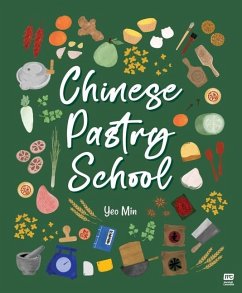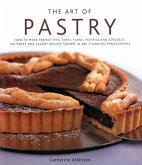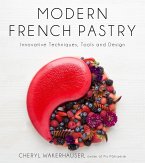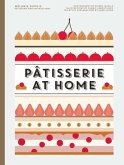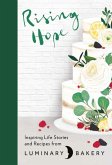What kinds of desserts did the ancient Chinese enjoy? Why does the Chinese word for sugar (tang ?) have the character rice (mi ?) n it? Is there a scientific basis to traditional Chinese pastry techniques? Find the answers to these questions and more in ?Chinese Pastry School with pastry chef Yeo Min. Pastries and desserts have long been an understated part of Chinese cuisine. Beyond mooncakes and pineapple tarts, the Chinese pastry repertoire involves a full range of techniques from sugar work to puff pastry; even jelly-making and medicinal soups. Given its long and rich history, however, the craft is also riddled with tightly-held secrets and age-old superstitions that can make it difficult for newcomers to fully grasp its nuances. Pastry chef Yeo Min demystifies the techniques and provides a comprehensive collection of recipes to guide you through the art of Chinese pastry- and dessert-making, just as a pastry school would. Emerge as a master of the craft with Chinese Pastry School!
Hinweis: Dieser Artikel kann nur an eine deutsche Lieferadresse ausgeliefert werden.
Hinweis: Dieser Artikel kann nur an eine deutsche Lieferadresse ausgeliefert werden.

